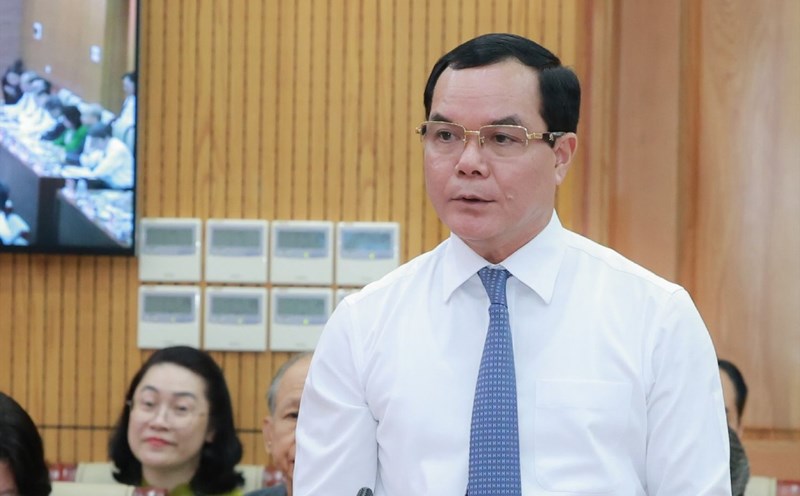Ahead of the BRICS Summit in Rio de Janeiro on July 6-7, the group's senior diplomats affirmed that BRICS is stepping up domestic currency trade payments, not considering the establishment of a common currency in the near future.
At a conference in New Delhi on June 21, Russian Ambassador to India Denis Alipov said that BRICS is a serious foundation for joining hands to solve major challenges.
He emphasized: "This is not a Western opposition alliance, but a new center for mutual respect and non-interference."
According to him, domestic currency transactions between member countries have taken place in practice.
Regarding the possibility of establishing a BRICS common currency, Mr. Dammu Ravi frankly said: "That idea is at a very early stage. We have only focused on domestic currency payments, while synchronizing fiscal and monetary policies is extremely complicated.
Brazilian Ambassador Kenneth da Nobrega also shared his opinion: "The common currency needs to be prepared annually. But transactions in domestic currency? That has had clear results.
This year's summit comes as US President Donald Trump has repeatedly warned BRICS not to undermine the role of the US dollar. US countervailing tariffs have also made many developing economies concerned and expect BRICS as a new balance in global trade.
The summit in Brazil is expected to be attended by Indian Prime Minister Narendra Modi, General Secretary and President of China Xi Jinping, South African President Cyril Ramaphosa and leaders of new member countries such as Indonesia, the UAE, Egypt, Iran, Ethiopia.
Indonesian Ambassador Ina Krisnamurthi called on BRICS to shift from dialogue to action, focusing on climate finance, humanitarian aid and data fairness.
She emphasized: Southern countries account for 85% of the worlds population and 39% of global GDP, but are not properly represented in multilateral institutions.
Egyptian Ambassador Kamel Galal called on BRICS to focus on development and consensus, rather than divide-ed issues.
Closing the conference, the clear message was that BRICS does not need a common currency to challenge the USD, but is gradually building its own payment system, reflecting the growing economic power of the global South.











